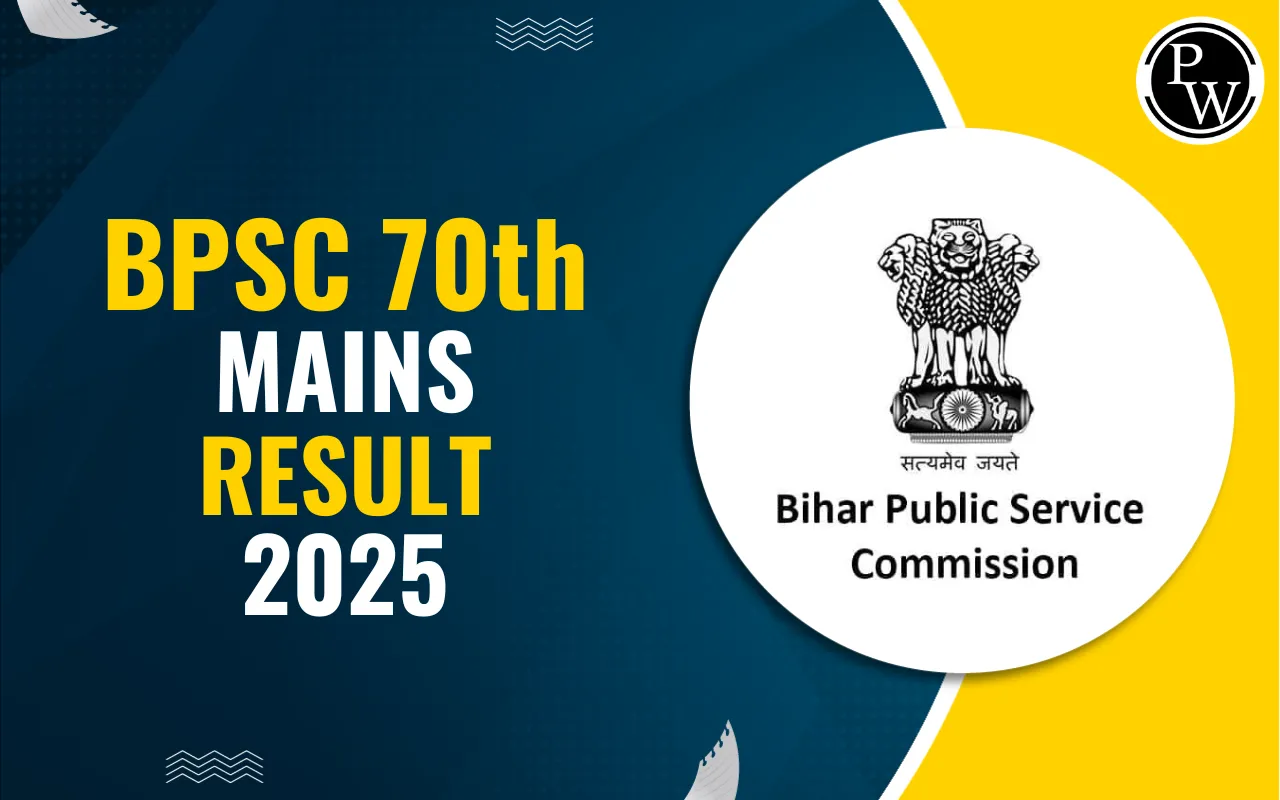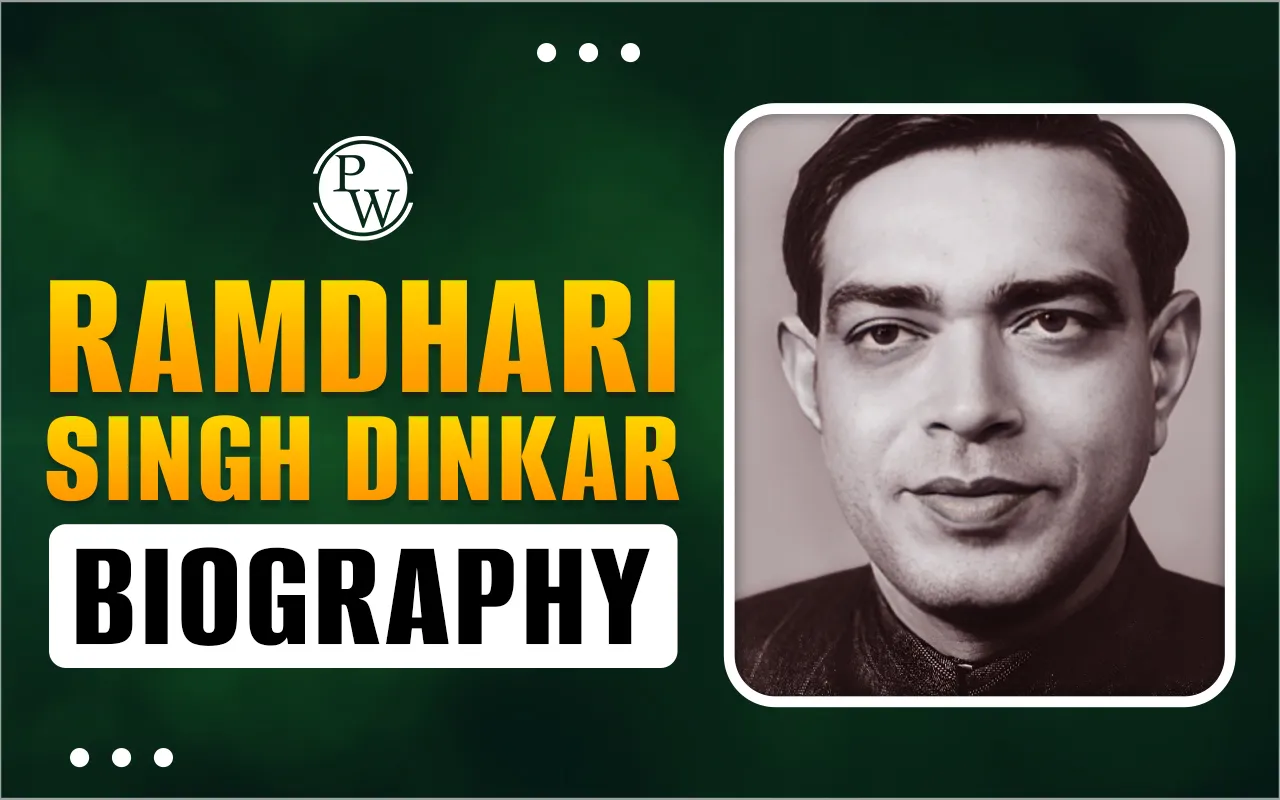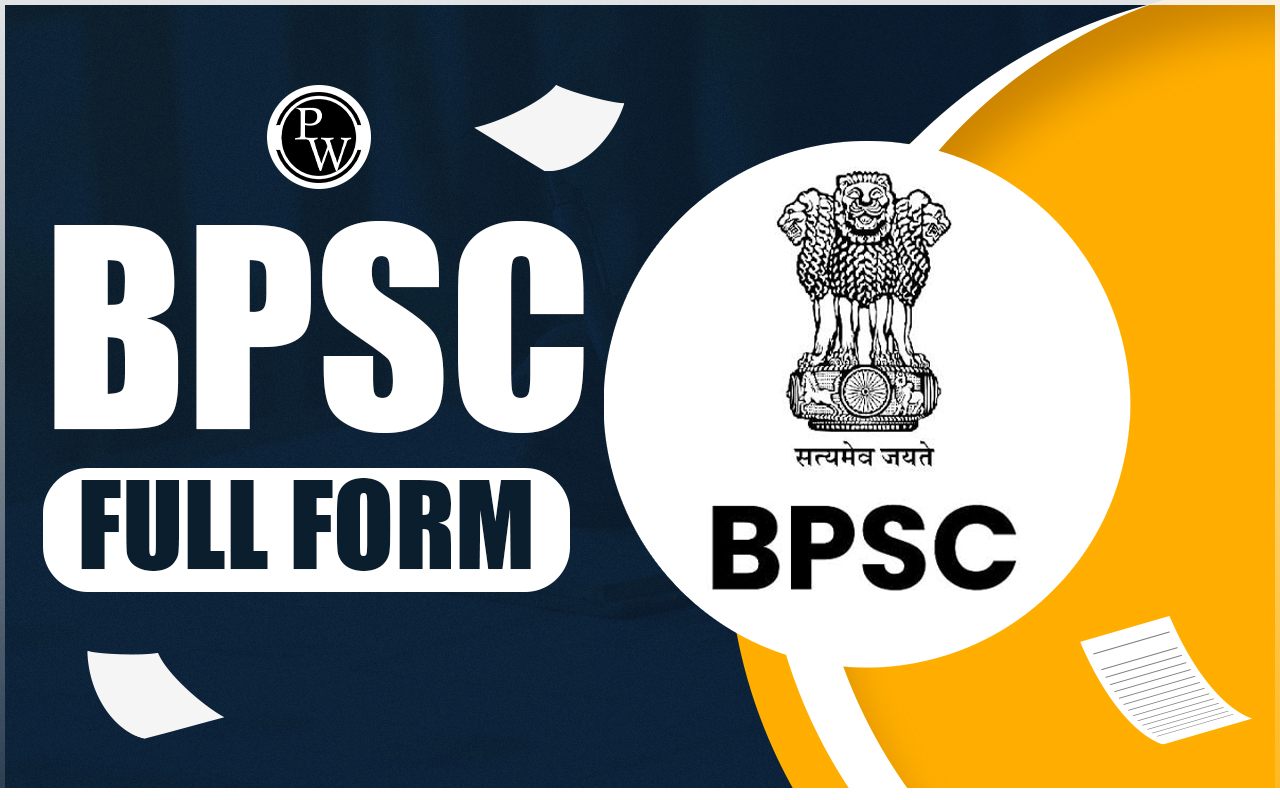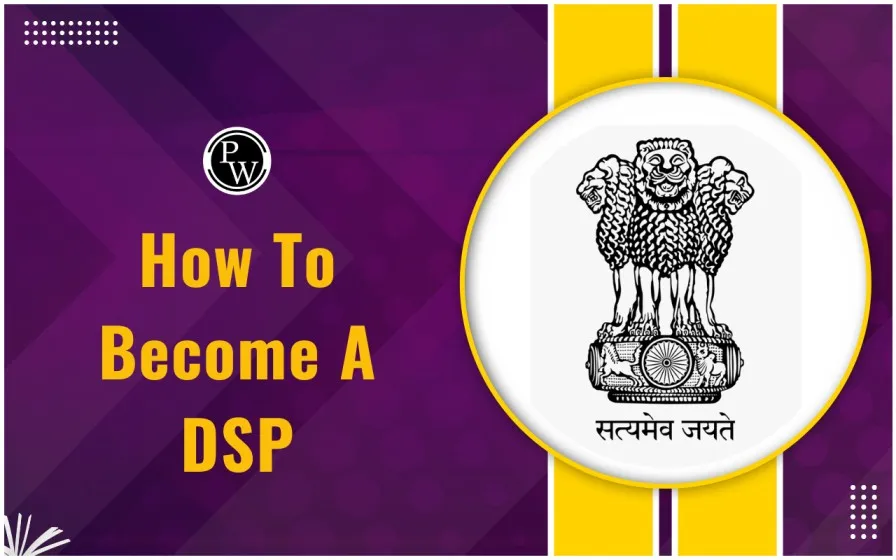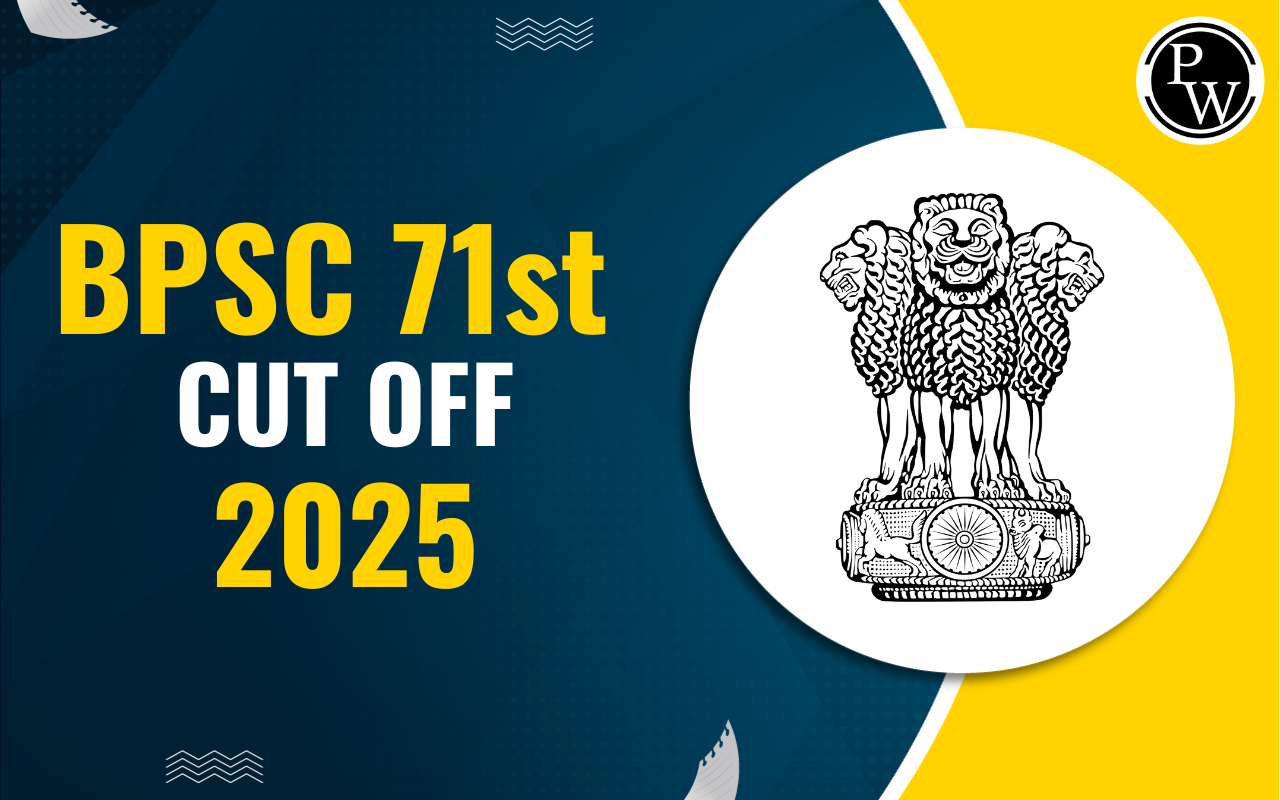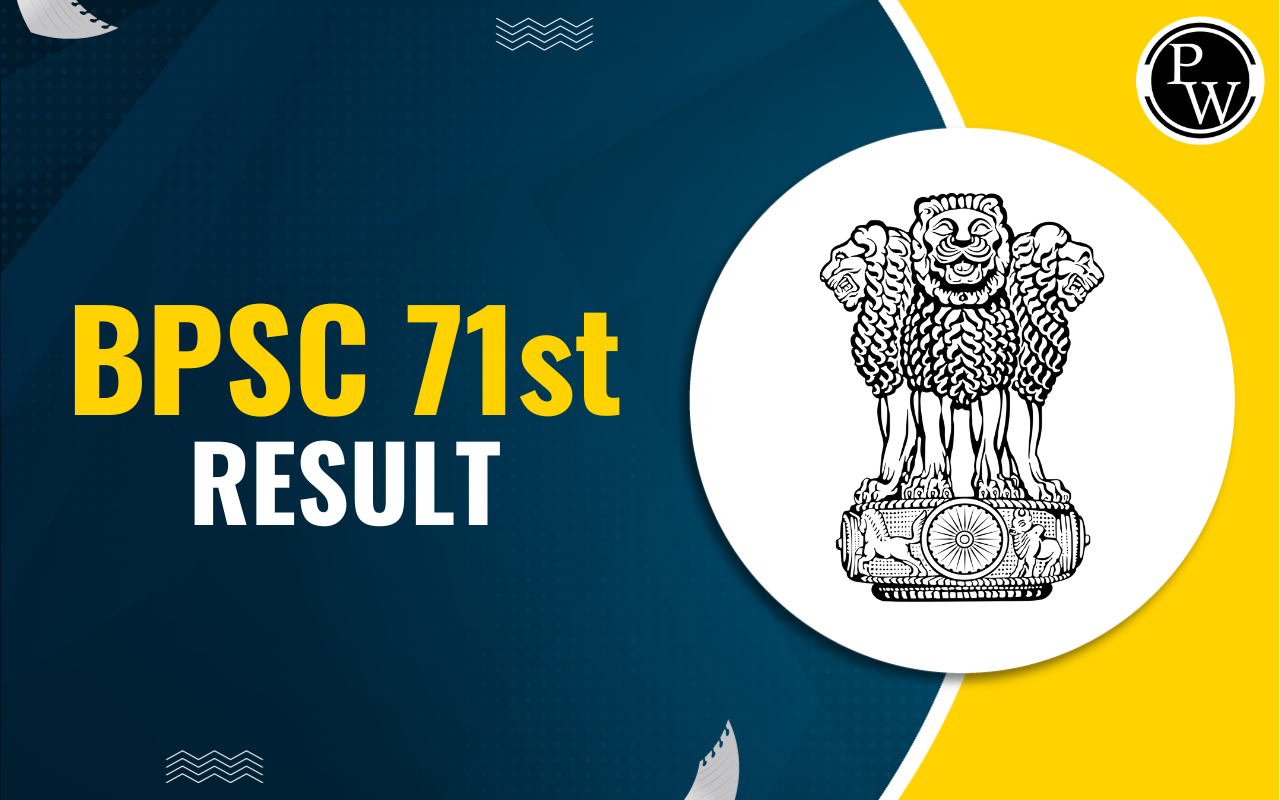
Jayaprakash Narayan Biography: Jayaprakash Narayan known as "Loknayak" or "JP," was an Indian independence movement activist, theorist, socialist, thinker, and political leader. He served on the front lines of the Indian freedom struggle and was one of Mahatma Gandhi's twelve apostles. Jayaprakash Narayan was born on October 11, 1902, in Sitab Diyara, Bihar, to Harsu Dayal and Phul Rani Devi.
Jayaprakash Narayan Biography
Jayaprakash Narayan, or JP Narayan, was an Indian political leader and social reformer. He was a key figure in the Indian independence struggle and the post-independence era. JP Narayan was a senior member of the Indian National Congress and a leader of the Quit India Movement in 1942.
Also read: Smallest district in Bihar
Early Life of Jayaprakash Narayan
Harsu Dayal and Phul Rani Devi had four children, including Jayaprakash Narayan. His father, Harsu Dayal, worked as a subordinate officer in the state government's canal department. JP left his hometown when he was nine years old to attend collegiate education in Patna. He resided in Patna's Saraswati Bhawan dormitory. JP shared a dorm with several of Bihar's future leaders. The leaders include Shri Krishna Singh, Bihar's first chief minister, and his deputy, Anugrah Narayan Sinha, both of whom rose to prominence in politics and academia.
Jayaprakash attended a talk by Maulana Abul Kalam Azad on Gandhi's non-cooperation movement (NCM) against the enactment of the Rowlatt Act in 1919. Maulana advised students to abandon studying English in a forceful oratory style. Jayaprakash described being "swept away and briefly lifted to the skies" himself. Jayaprakash took Maulana's advice to heart and left Bihar National College with only 20 days before his exams.
Jayaprakash Narayan, a freedom fighter, enrolled in Rajendra Prasad's Bihar Vidyapeeth and became an early student of Anugraha Narayan Sinha.
Education of Jayaprakash Narayan
Jayaprakash finished his schooling in Patna, Bihar, and later attended universities in the United States. After graduating from the Vidyapeeth, Jayaprakash decided to further his education in the United States. At the age of 20, he boarded the cargo ship Janus bound for the United States.
In 1922, he enrolled in Berkeley. Jayaprakash worked in several places to help pay for his studies. He worked as a mechanic in a garage and an abattoir, as well as harvesting and drying grapes, packing fruits at a canning plant, washing dishes and teaching. In all of these positions, he gained an appreciation of the challenges of the working class.
He earned a bachelor's degree in behavioural science from Ohio State University and a master's degree in sociology from the University of Wisconsin.
Also read: GI tag in Bihar
Political Career of Jayaprakash Narayan
Loknayak Jayaprakash Narayan was an influential political figure in India. He was a prominent figure in the country's independence struggle and later in Indian politics. After returning from the United States in 1929, JP joined the Indian National Congress (INC) at the request of Jawahar Lal Nehru. Gandhiji tutored Jayaprakash.
In 1932, he was imprisoned at Nasik Jail for his engagement and leadership in the civil disobedience movement against the British government. Following his release, he helped Acharya Narendra Deva establish the Congress Socialist Party (CSP) in 1934. The CSP was a left-wing faction within the INC. He was appointed general secretary of CSP.
In 1948, he quit the Congress Party and founded the Socialist Party in 1952. Later, his party amalgamated with J B Kripalani's Kisan Mazdoor Praja Party, becoming the Praja Socialist Party. He was the President of the All India Railwaymen's Federation from 1947 until 1953. It is the largest labour union in the Indian railways.
After Independence, independence warrior Jayaprakash removed himself from electoral politics and focused on India's social problems. He supported communitarian democracy because he had lost faith in political parties. He founded two non-governmental organisations (NGOs) to defend and safeguard civil rights: Citizens for Democracy in 1974 and the People's Union for Civil Liberties in 1976.
Also read: Biggest Mall of Patna
Total Revolution by Jayaprakash Narayan
Total Revolution, also known as 'Sampooran Kranti', is a collection of seven revolutions: political, social, economic, cultural, intellectual, educational, and spiritual. The primary goal of the revolution is to bring about a social change in accordance with Sarvodaya beliefs. JP Narayan introduced the concept of the Total Revolution during a speech in 1974. This was a time when the country was experiencing high inflation, widespread unemployment, and a scarcity of commodities and necessities.
Bihar Movement /JP Movement
Jayaprakash Narayan's Bihar Movement, commonly known as the JP Movement, was a populist movement in Bihar that began in 1974. The campaign attempted to challenge Bihar's corrupt administration. The Bihar movement was led by the Bihar Rajya Sangharsh Samiti (ABVP), the Samajwadi Yuva Jana Sabha (SYJS), and the Bihar Chhatra Sangharsh Samiti (BCSS).
Awards of Jayaprakash Narayan
Loknayak JP Narayan won numerous medals and honours for his service to the nation, including:
|
Award |
Year |
Significance of Award |
|
Bharat Ratna |
1999 |
Highest Civilian honour of India |
|
Ramon Magsaysay Award |
1965 |
It was given for his creative expression of a civic conscience for modern India. |
|
Rashtrabhushan Award |
It was given by the FIE Foundation. |
|
Death of Jayaprakash Narayan
Jayaprakash Narayan died on October 8, 1979, at the age of 76. He had been suffering from a number of health problems. His death was widely lamented throughout India, with multitudes paying their final respects to him. He was recognised as a leader who committed his life to serving the country and its people, and his beliefs and principles continue to inspire generations of Indians today.
Also read: Capital of Bihar
Jayaprakash Narayan Biography FAQs
Who was Jayaprakash Narayan?
When and where was he born?
What is Jayaprakash Narayan known for?
What was his role in the Indian independence movement?
Did Jayaprakash Narayan hold any official government position?

